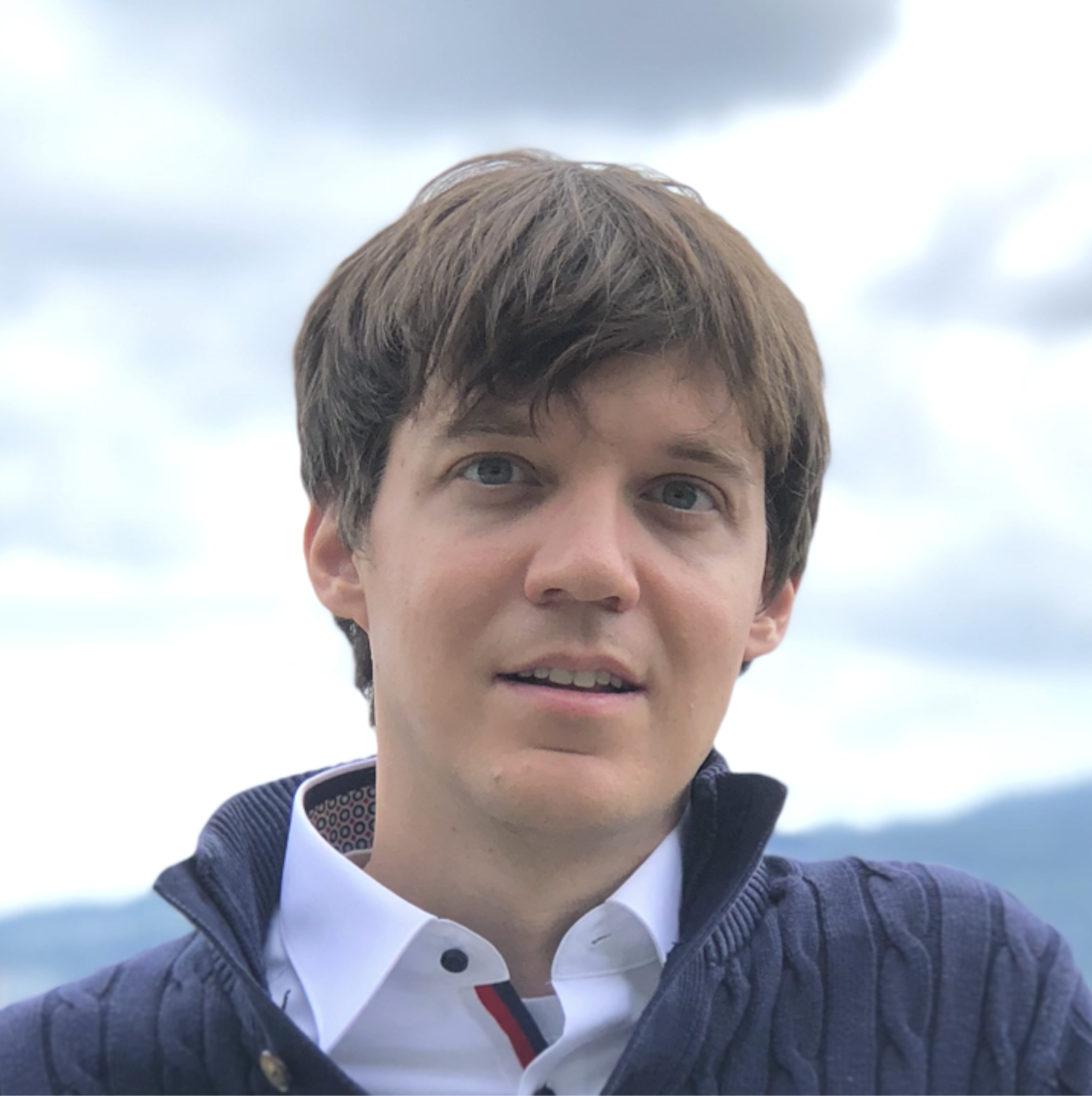Peter Maurer, Quantum sensing and the challenge of interfacing biological and quantum systems

Seminar
Location: Elings Hall rm. 1601
Speaker
Peter Maurer
Assistant Professor of Molecular Engineering
University of Chicago
Abstract
Quantum optics has had a profound impact on precision measurements, and recently enabled probing various physical quantities, such as magnetic fields and temperature, with nanoscale spatial resolution. In my talk, I will discuss the development and application of novel quantum metrological techniques that enable the study of biological systems in a new regime. I will start with a general introduction to quantum sensing and its applications to nanoscale nuclear magnetic resonance (NMR) spectroscopy. In this context, I will discuss how we can utilize tools from single-molecule biophysics to interface a coherent quantum sensor with individual intact biomolecules, and how this could eventually pave the way towards a new generation of biophysical and diagnostic devices. In a second part, I will discuss a theoretical proposal that utilizes variational techniques to drive a dipolar interacting spin ensemble into a metrological relevant state with Heisenberg limited sensitivity.
Bio
Peter Maurer’s research interests lay at the interface of quantum engineering and biophysics. His lab at the University of Chicago uses quantum technology to develop novel sensing modalities that allow us to probe physical properties of biological systems that are not accessible by conventional technologies. Specific examples of such quantum technology includes a nanoscale magnetic field sensor that enables probing nuclear magnetic resonance (NMR) spectroscopy of picoliter volumes. Recent results from the Maurer lab have shown that these coherent quantum sensors can be interfaced with intact biomolecules (M. Xie, et al., PNAS (2022)). Among others, the resulting advances open the door to performing NMR spectroscopy on protein samples at physiological concentrations. Currently the Maurer lab is working with SomaLogic, a startup company, to utilize this technology as a platform for high-throughput proteomics. Prior to joining the faculty at the University of Chicago, Peter received his postdoctoral training working with Steven Chu at Stanford University and his PhD training working with Mikhail Lukin at Harvard University.